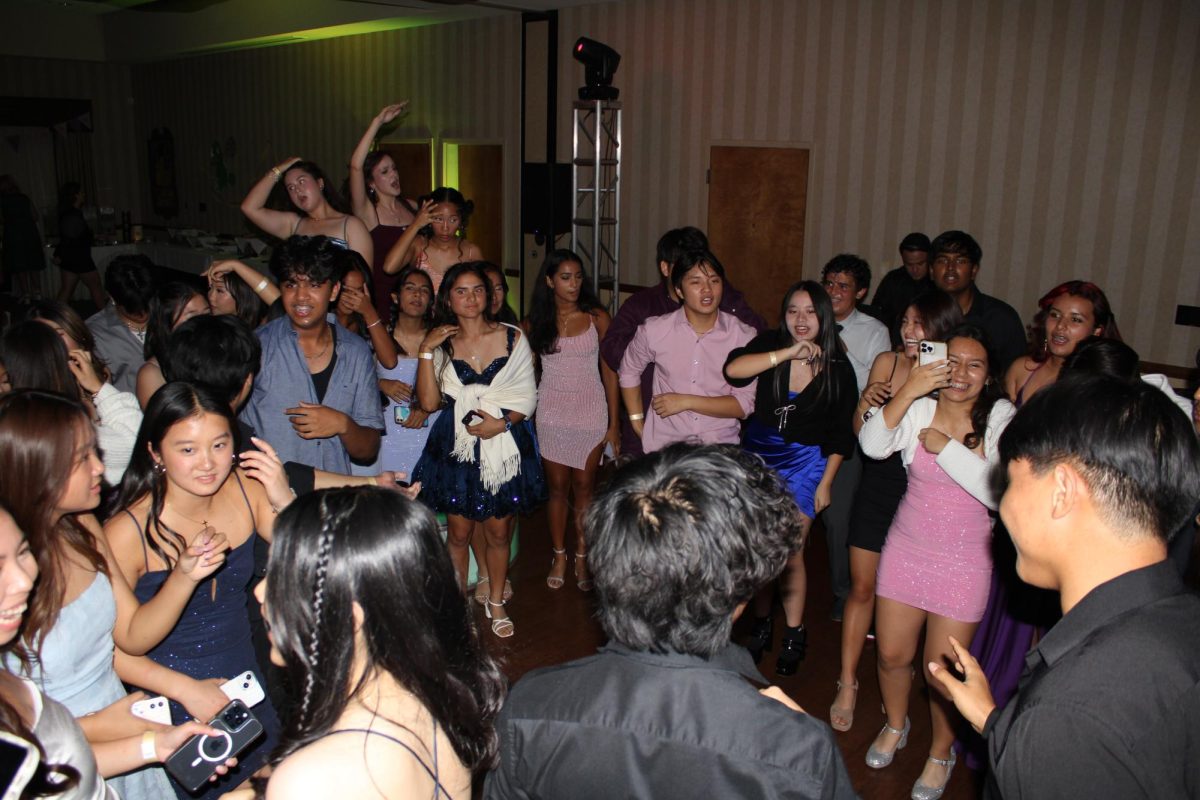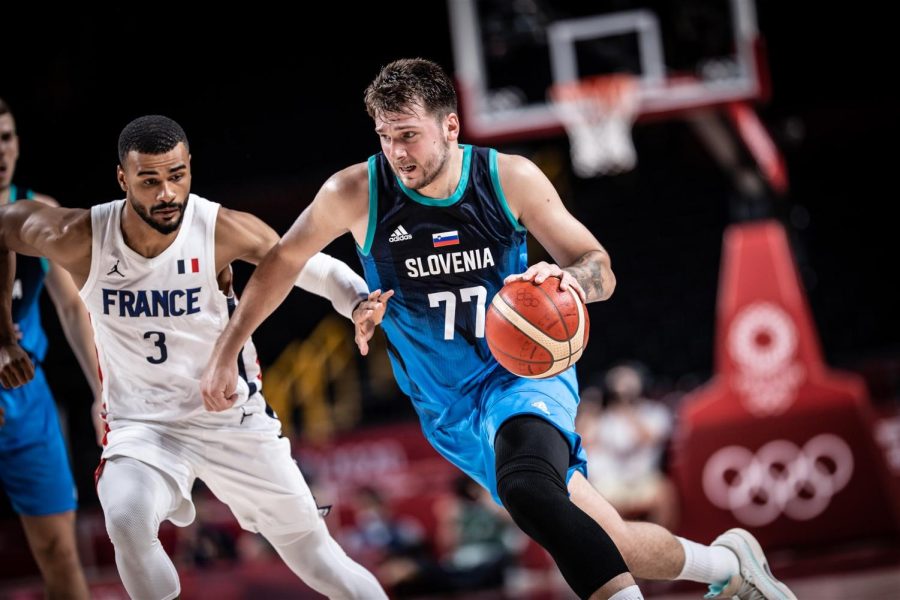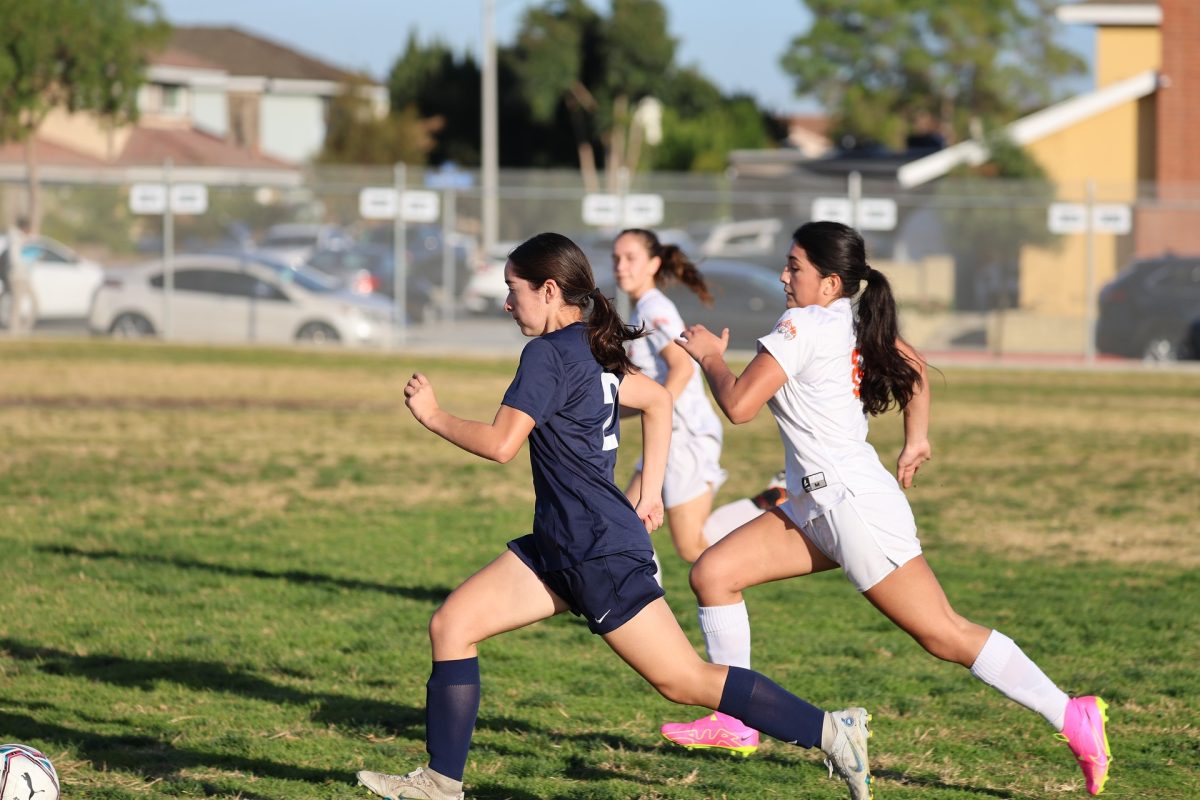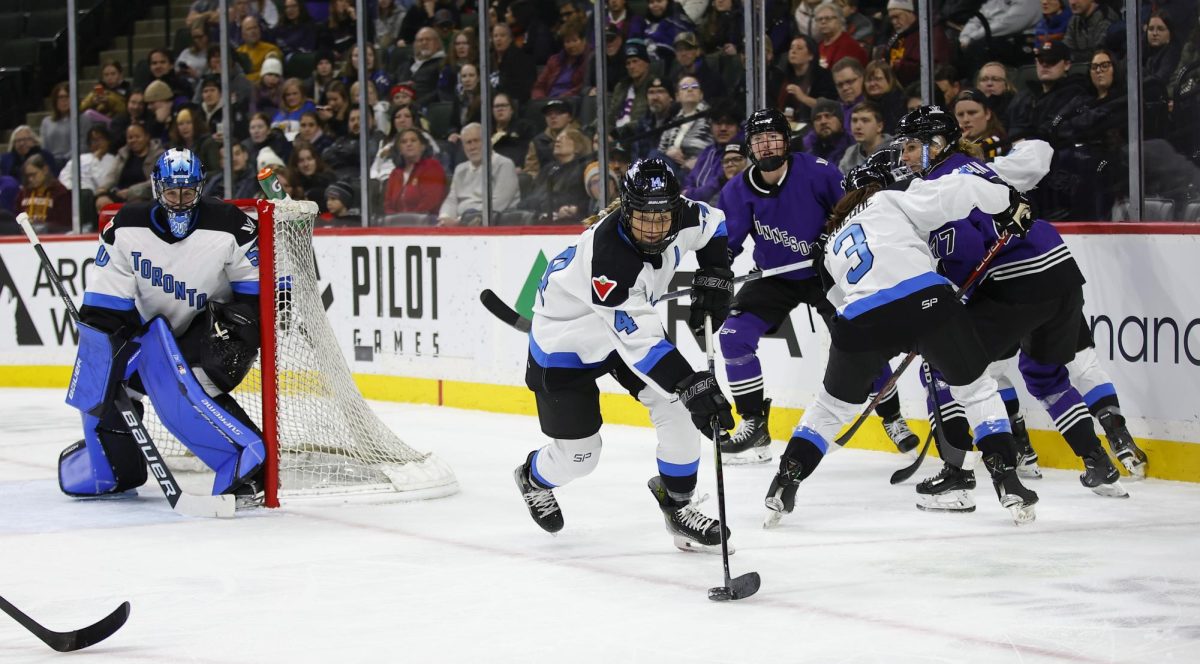On Sep. 18th, the FIBA Eurobasket ended with Spain’s national team taking the title. The tournament started on Sep. 1, with twenty-four European teams sorted into four groupings to fill venues in the Czech Republic, Georgia, Italy, and Germany.
After a five year hiatus, with the last Eurobasket being held in Istanbul, this year’s Eurobasket was highly anticipated. Young NBA superstar Luka Dončić has single-handedly brought a lot of international attention after leading Slovenia’s rather underpowered roster to the 2017 Eurobasket championship. Other household NBA names, including two-time MVPs Nikola Jokic and Giannis Antetokounmpo, also took the stage this year.
Dončić was the highlight of this year’s event, scoring 47 points against France on Sep. 7 — the second highest scoring total in Eurobasket history, in an effortless fashion Dončić has repeatedly displayed in the NBA.
“Basketball in EuroLeague, it’s more team basketball, it’s more tactics, and you have less time. I would say that scoring is easier in the NBA.” Dončić told JJ Redick in an episode of the podcast “Old Man and The Three.”
Dončić and Slovenia’s run, however, was quickly put to a close, being taken out in their quarterfinals match against Poland. Another one of Eurobasket’s surprises was the elimination of Greece in the quarterfinals, led by Antetokounmpo, to the underdog German team.
Surprisingly, neither Poland nor Germany won the title after their upsets, with both teams failing to advance past the semifinals. Instead, France and Spain squared off in the Grand Final, with Spain unexpectedly taking the grand title. Their roster featured seasoned yet mediocre players, however, Spanish player Juancho Hernangomez came in clutch and scored 27 points to win the Grand Final for Spain.
Aside from the on-court action, Eurobasket also appeals to a diverse range of people, with basketball being intertwined into many countries’ culture and history. In 1991, international conflict barred Slovenia’s participation in the event, after Slovenian player Jure Zdovc withdrew from the national FIBA team to protest Yugoslavian military action in Slovenia. In 1951, the U.S. sent the Harlem Globetrotters, an all-black basketball team, to West Berlin to culturally combat communism during the Cold War and reverse European notions that the U.S. was racist.
In 1941, when the Eurobasket was relatively new, the tournament was delayed due to Soviet deportation of Lithuanians during WWII. More than a sport, basketball and its players served as a unifying emblem and way to reach the masses, even across military and political turmoil.
“Our whole sports club was falsely accused of participating in an anti-Soviet Lithuanian resistance organization. Basketball allowed us to have dignity, to retain our sense of humanity.” Juozas Butrimas, a Siberian deportation survivor, said in the basketball documentary “The Other Dream Team.”
The Eurobasket will resume in 2025. Until then, basketball fans will have to wait before experiencing the passion and fervor of international games once again.
“I love to see guys go play on their national teams,” NBA Head Coach Chauncey Billups told Antonis Stroggylakis from Eurohoops.net. “Because you’re playing the right way. You’re playing with a purpose.”





























































